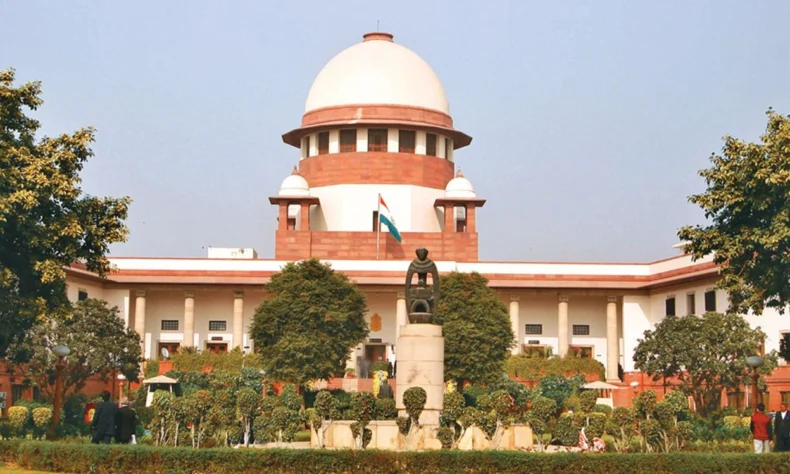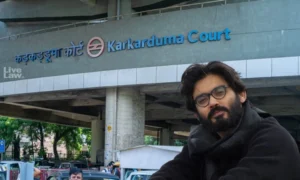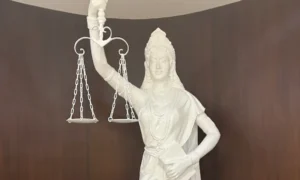
The Supreme Court of India has voiced grave concern over the alarming rise of “digital arrest” scams—fraudulent schemes where cybercriminals pose as police or judicial officials to extort money through intimidation. A Bench led by Justice Surya Kant and Justice Joymalya Bagchi has directed all States and Union Territories to submit detailed reports on First Information Reports (FIRs) filed in such cases and has proposed a possible Central Bureau of Investigation (CBI) inquiry into the matter.
The Court’s intervention stems from a recent case involving an elderly couple in Ambala, Haryana, who were tricked into transferring nearly ₹1.5 crore after fraudsters, masquerading as CBI officers and judges, threatened them with “digital arrest” via video call. The conmen allegedly displayed forged judicial orders and coerced the victims into making payments to avoid imprisonment.
Calling the incident “deeply disturbing,” the Supreme Court observed that the impersonation of judicial officers not only amounts to cybercrime but also undermines the very sanctity and dignity of the justice system. The Bench remarked that misuse of the court’s name and emblem to instill fear among citizens is a serious breach of public trust.
During the hearing, the Court asked the Solicitor General to clarify whether the CBI currently investigates such cases and if it has adequate cybercrime resources to handle the surge. “The real challenge is the volume of these offences,” Justice Surya Kant noted, pointing out that the issue mirrors other large-scale fraud operations that demand a coordinated national response.
While the Court has not yet issued a formal directive for a CBI investigation, it has sought responses from the States before taking a final decision. The judges emphasized that a unified national strategy is essential to curb these sophisticated scams, which often transcend jurisdictional boundaries.
These “digital arrest” cons typically involve callers pretending to be government or law enforcement authorities who claim that the victim’s identity has been linked to illegal activities. The victims are then “digitally detained”—forced to stay visible on camera during video calls while transferring money for alleged “bail” or “verification.”
Highlighting the psychological manipulation involved, the Court remarked that such crimes prey particularly on vulnerable sections of society, including senior citizens, who are less familiar with cyber protocols. The Justices reiterated that the judiciary cannot remain a silent spectator when the institution’s image is being weaponized to defraud citizens.
By calling for centralized coordination and hinting at CBI oversight, the Supreme Court has signaled a major step towards tackling one of India’s most insidious forms of cyber fraud—where the fear of law itself is used as a weapon. The case will be taken up again once all States file their compliance reports, marking the beginning of what could become a national crackdown on “digital arrest” rackets.
📰 Crime Today News is proudly sponsored by DRYFRUIT & CO – A Brand by eFabby Global LLC
Design & Developed by Yes Mom Hosting






